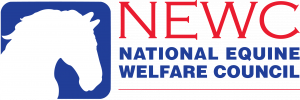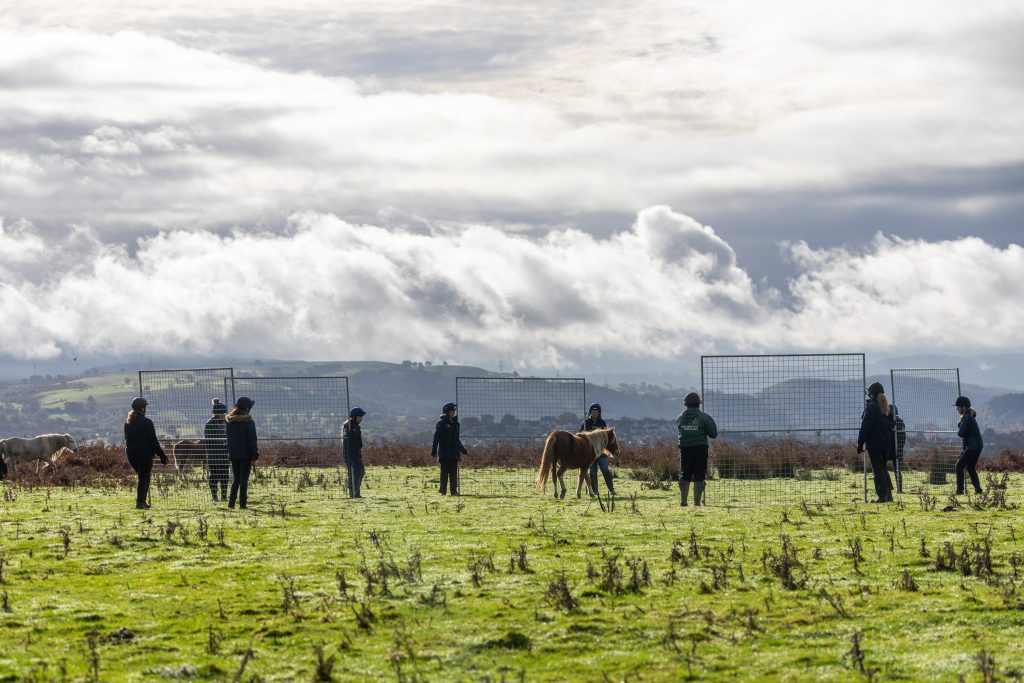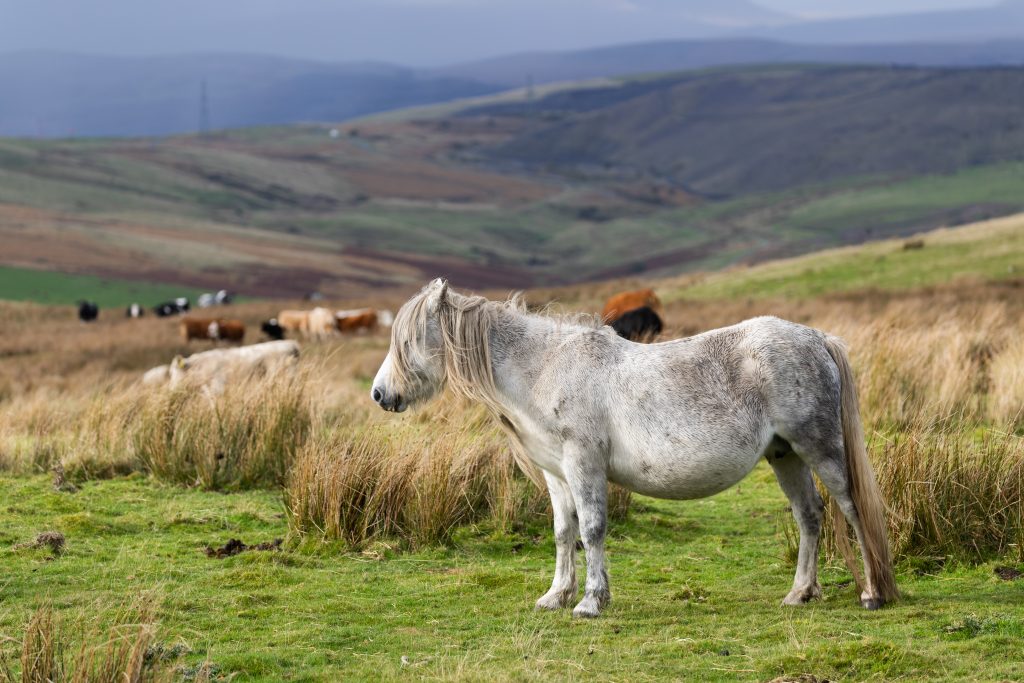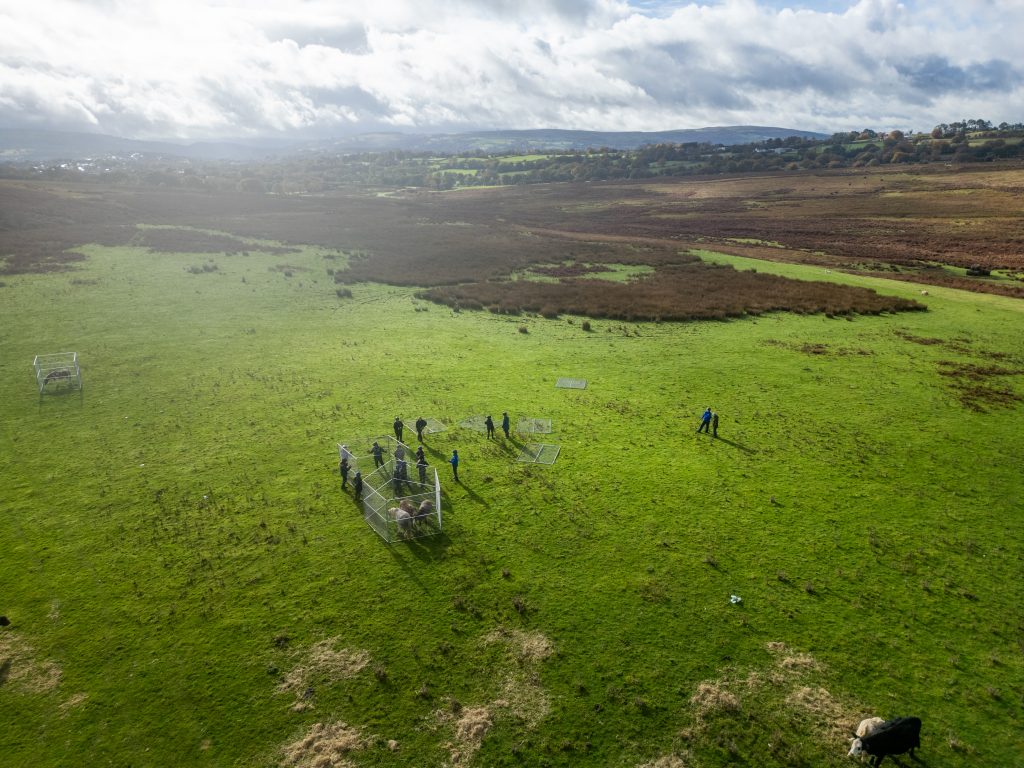

For the third consecutive year, equine welfare charities including the RSPCA, Redwings Horse Sanctuary and World Horse Welfare, in partnership with the Commoners’ Association, have carried out a two-day welfare operation as part of an ongoing project to improve the lives of the ponies who call the area home.



Assisted by staff from Blue Cross, Bransby Horses, the British Horse Society, HorseWorld, The Mare and Foal Sanctuary and The Donkey Sanctuary, the charities removed 38 young ponies to help relieve grazing pressure before the challenging winter months. More than 50 staff from the organisations were involved in the coordinated effort, which forms part of a wider, long-term initiative to create a sustainable and healthy herd on the common.
At the end of September, a team from World Horse Welfare and volunteers from the local group, Hungry Herds, carried out a drone headcount of the ponies. After reviewing the footage, 182 ponies were counted. Most are unowned, the result of past abandonments and unchecked breeding. The ponies live as semi-feral herds, meaning they are not accustomed to human handling.
In this operation, 18 ponies went into RSPCA care, 11 to World Horse Welfare, 5 to Bransby Horses, and 4 to HorseWorld. This operation is part of a broader strategic plan to manage the herd sustainably, including cataloguing all ponies and removing those most likely to thrive in private homes.
So far, the charities — all members of NEWC — have removed 134 ponies from the common, with many rehomed through their respective centres. This operation highlights how NEWC member charities collaborate to support equine welfare initiatives and achieve the best possible outcomes for horses and ponies in need.
Roxane Kirton MRCVS, RSPCA Head Vet (Equine), said:
“The project aims to reduce the numbers of semi-feral horses on the common in a way that supports good welfare for all the ponies. Pooling the expertise of the organisations, we are developing a population management plan that reduces indiscriminate breeding.
Whilst it might seem that castrating the stallions would be the easiest choice, the unique situation of these ponies makes this anything but straightforward. As the ponies are semi-feral, they cannot be handled to ensure they get sufficient aftercare, meaning risks of castration are much higher. Mares also control the fertility and breeding rate of a herd, so castrations would only address the unchecked breeding if we could guarantee that no entire males were grazed, or abandoned, on the common going forwards.”
Nic de Brauwere MRCVS, Head of Welfare and Behaviour at Redwings and NEWC Director, said:
“As part of the project, we are removing youngsters over a year old, who are beginning to wean naturally from their mothers. These ponies are less likely to have negative associations with people and have yet to develop deeply ingrained habits of semi-feral life. They are therefore most likely to adapt to domesticated life and go on to be rehomed as loved companions or ridden ponies. It also means that we remove breeding stock of the future, helping to break the cycle of indiscriminate breeding.”
Claire Gordon, Chief Field Officer at World Horse Welfare and NEWC Director, said:
“Now in its third year, our proactive work with the Commoners’ Association continues to improve pony welfare. Being able to carry out a headcount using drones has provided more accurate data on the impact of our efforts, and it’s been encouraging to see the results so far — reduced grazing pressure has left the ponies in noticeably better condition and better prepared for the winter ahead. We’ve been really pleased with the progress of the ponies who’ve been rehabilitated and rehomed through World Horse Welfare’s centres so far, and we look forward to seeing the next group of ponies flourish.”
Huw Williams, Chairman of the Gelligaer & Merthyr Commoners’ Association, said:
“The Commoners Association is pleased to continue our work with the charities to protect the ponies on the common and to work towards a future where there will be sustainable numbers of healthy ponies.”
To find out more about the Gelligaer project, or support the charities involved, please visit their websites.
